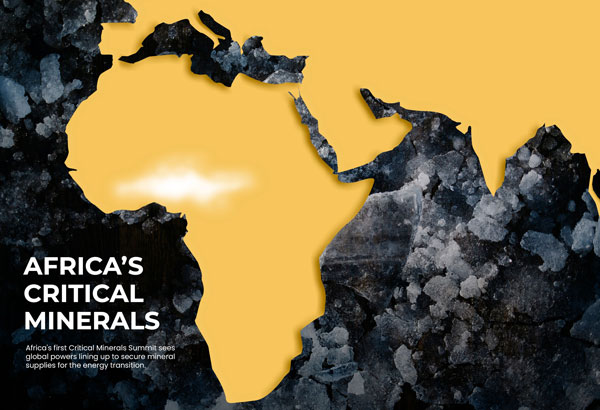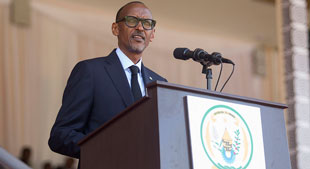
Africa’s first Critical Minerals Summit sees global powers lining up to secure mineral supplies for the energy transition
SPECIAL REPORT | BIRD AGENCY | At least ten global powers are training their eyes on Africa’s critical mineral supplies, according to the organisers of an upcoming event in South Africa.
Europe, the U.S., the U.K., Canada, Australia, China, Japan, South Korea and countries from the BRICs have lined up as delegates in Africa’s inaugural Critical Minerals Summit slated for mid-October in Cape Town, as the world scrambles for rare earth and “transition” minerals.
Organisers of the summit, Energy Capital & Power (ECP), have described the summit as a dealmaking space for governments and the private sector. Participants will be able to engage in bilateral and multilateral discussions and deals to both advance critical minerals production and to process and plan strategic roadmaps for minerals and energy security.
“This is the African critical minerals dealmaking space, standing at the intersection of energy and mining, linking global consumers and producers, and bringing capital and buyers to African projects,” ECP Conference Director James Chester states in the event’s brochure.
The International Energy Agency (IEA), in its Critical Minerals Market Review 2023, said a push for sustainable supplies backed by the proliferation of new policy frameworks is fuelling a scramble by global powers.
“Countries are seeking to diversify mineral supplies with a wave of new policies. There is growing recognition that policy interventions are needed to ensure adequate and sustainable mineral supplies,” said IEA researchers in the review.
The IEA Critical Minerals Policy Tracker identified nearly 200 policies and regulations enacted to address the sector globally, with over 100 enacted in the past few years.
The EU, U.S., Australia and Canada all have adopted critical mineral acts and strategies.
In its Critical Minerals Strategy 2023-2030, published in June, Australia plans to secure strategic and commercial partnerships to develop new, diverse, resilient supply chains as it seeks to move beyond its traditional reliance on exporting ore.
In March, the President of the European Commission, Ursula von der Leyen, said the Union was strengthening its cooperation with reliable trading partners globally to reduce the EU’s dependence on just one or a few countries.
“It’s in our mutual interest to ramp up production in a sustainable manner and at the same time ensure the highest level of diversification of supply chains for our European businesses,” von der Leyen said.
The U.S., in its Inflation Reduction Act, allocated US$369 billion in Energy Security and Climate Change programs over the next ten years.
Chinese firms have been intensifying investments into Africa’s critical mineral exploration projects, with Zimbabwe’s lithium projects attracting over US$ 1 billion over the last two years. A US$300 million lithium project by Chinese battery metals producer Sinomine Resource Group, completed in July, is the latest.
Data compiled by the Critical Mineral Summit Africa organisers show that Zimbabwe can meet 20% of the world’s lithium demand. It also shows that the Democratic Republic of Congo currently produces 43% of the global mined lithium supply, highlighting increased investments in this space.
The IEA Critical Minerals Market Review shows companies specialising in lithium development recorded a 50% increase in spending, followed by those focusing on copper and nickel. It states that Chinese firms doubled their investment spending in 2022.
The review, tracking investments of 20 large mining companies with a significant presence in developing energy transition minerals, shows a substantial rise in capital expenditure on critical minerals, spurred by the robust momentum behind clean energy deployment.
According to the review, the market size of the key energy transition minerals market doubled over the last five years to US$ 320 billion in 2022, following a 30% rise in investments in 2022 and 20% in 2021.
****
SOURCE: Conrad Onyango, bird story agency
 The Independent Uganda: You get the Truth we Pay the Price
The Independent Uganda: You get the Truth we Pay the Price


